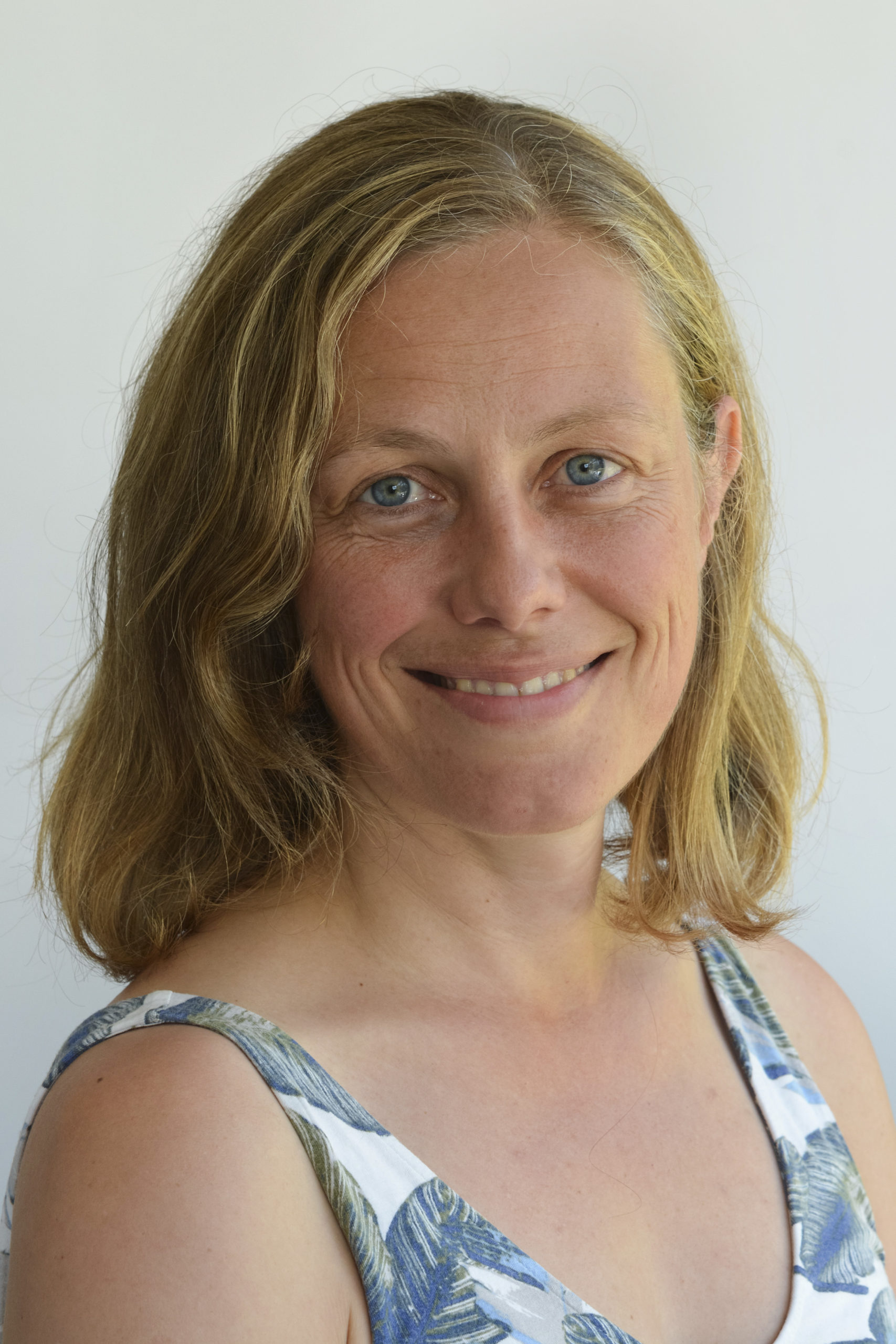In 2022 in-country partnership development has been a core priority, with an aim to better understand, hear from and directly engage with diverse voices, knowledges and perspectives. Here are our key activities this year:
New in-country focal people
We partnered with focal people in priority countries:
Nanpet Chuktu: SLH In-country Focal Person for Nigeria. Nanpet’s team, using demand-led initiatives and innovations in sanitation, achieved Nigeria’s first ODF Local Government in 2016. They have since produced three more local government areas, demonstrating how sanitation models can be taken to scale to reach whole geographic regions.
VR Raman: SLH In-country Focal Person for India. VR Raman has over three decades of work on equity, inclusion and human rights. He has unique associations with various missions of Government of India including the Swachh Bharat Mission on universal sanitation. He has rich research experience and works with several WASH, health and environmental organisations. He also teaches.
GESI research studies
In June we commissioned five in-country southern research teams from Nigeria, Kenya, Indonesia and India to undertake Gender Equality and Social Inclusion (GESI) research into sanitation and hygiene in low-income countries.
The research was co-created with local organisations and people, to reflect their knowledge and concerns, and develop practical solutions.
These studies will be presented in 2023.
Participatory and visual methods
In May 2022 we led a training in immersive research with the FINISH society in India, we then supported their research processes in Bihar & Maharashtra. The report ‘Understanding Barriers Towards Safe Sanitation in Challenging Circumstances’ is available early next year.
In June we ran a participatory video research project facilitated by SLH and SNV Indonesia. The project encouraged women from female-headed households to explore key issues affecting them and their families’ lives,
The research report ‘Sanitation, health and livelihood issues for female headed households in Tasikmalaya: findings from a participatory video project’ and learning paper on participatory video method will be available in 2023.
We also published a learning paper by Fostvedt-Mills Consulting on the use of PhotoVoice for empowering pastoralist women in WASH projects.
Practitioner voices
We launched the Practitioner Voices series which aims to amplify perspectives of practitioners working within countries at local and regional level.
It has been an amazing experience working with different WASH practitioners from around the world.
We published two editions:
- Sanitation in tough physical environments (scroll down for links to all the stories)
- Sanitation and challenging lifestyles and livelihoods (scroll down for links to all the stories)
Translations
We also produced and shared key SLH resources in Portuguese and French to broaden our reach and networks in non-English speaking countries.
Thematic workstreams
We have continued to focus explicitly on particular workstreams which has allowed us to deepen our understandings and networks in these areas:
Climate change
Building on research undertaken with ISF-UTS since 2021 we have been working on case studies in Burkina Faso, Laos and Bangladesh with WASH partners UNICEF, SNV and WaterAid, exploring what the direct and indirect impacts are, and the potential for WASH programmes to adapt, to mobilise and enable local capacities to strengthen local resilience.
Sub-national systems strengthening
Through 2020 and 2021 we worked with three sub-national governments and development partners in East Africa to undertake case study research and cross analysis findings through workshops before the publication of a learning brief and in January 2022 an academic paper.
In 2022 we did a second round of this research in West Africa working with four local governments from Benin, Ghana, Guinea, Nigeria and their development partner counterparts. A learning brief from the West Africa initiative was published in February 2022.
A webinar was also held drawing on both the West and East Africa initiatives.
Challenging contexts
We continued working with UNICEF and WaterAid on practical guidance document which aims to support progress on area-wide sanitation and coverage in particularly challenging contexts.
We held our first in-country workshop in Amhara, Ethiopia, in collaboration with WaterAid Ethiopia in August 2022. There was also a workshop in Cambodia in November 2022.
The processes for exploring challenging contexts in specific countries will be documented as part of the guidance, which will be published in 2024.
As mentioned above, we published two Practitioner Voice series on challenging contexts.
Gender, equity and social inclusion
We have adopted a twin track approach of focusing on issues of equity and inclusion both through a specific GESI related workstream but also built into all other workstreams. Aside from the GESI research studies (above) other key activities included:
Learning paper: WASH and older people
This explores the WASH needs of older people in both development and humanitarian contexts. It also reflects on the fundamental role older people play in facilitating other people’s WASH access, health, and wellbeing.
(Updated) Frontiers of Sanitation: engaging men and boys in gender-transformative WASH.
This update reviews progress and provides practical examples of the opportunities and challenges with this endeavour. It also includes recommendations for those thinking about why and how to engage men and boys as part of their WASH programmes.
Webinar: A self-assessment tool for improved Gender Equality and Social Inclusion
Co-hosted by Water for Women and the Sanitation Learning Hub, this event introduced a guide for reflecting on your practice to strengthen GESI in WASH programming and research, as well as in your organisation.
Monitoring, evaluation and learning
Within the team we have continued to work hard to ensure that our monitoring and evaluation processes feed into our decision-making on all levels. We especially want to ensure that we live by our values around GESI and decolonising development.
Guidelines and framework
We were pleased to work with Andy Robinson on new monitoring and evaluation (M&E) Guidelines and Framework for the rural sanitation and hygiene sector.
- Monitoring and Evaluation for Rural Sanitation and Hygiene: Guidelines
- Monitoring and Evaluation for Rural Sanitation and Hygiene: Framework
Andy also led a webinar to support sanitation and hygiene practitioners, programme managers and policy makers to apply this guidance to their work.




